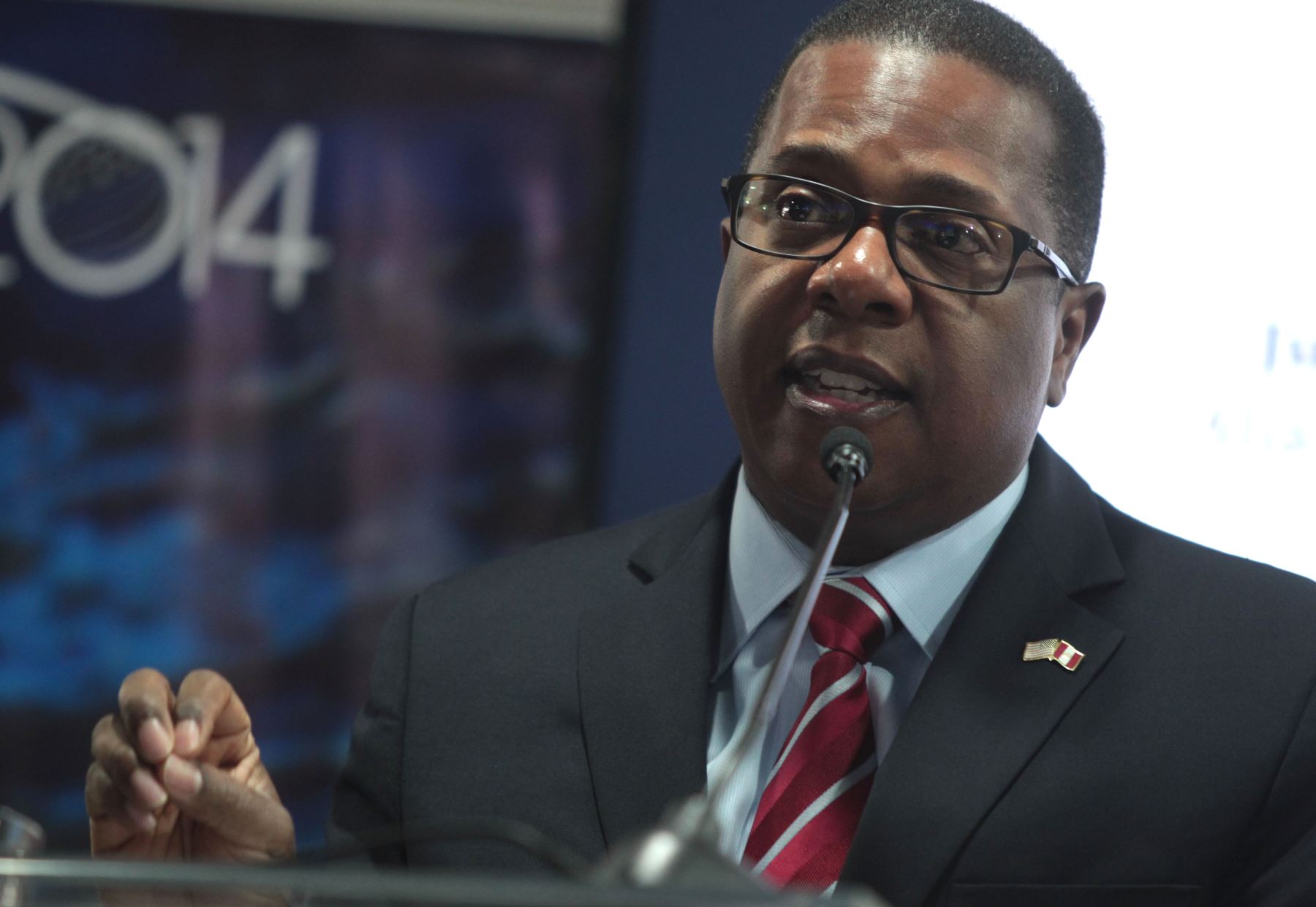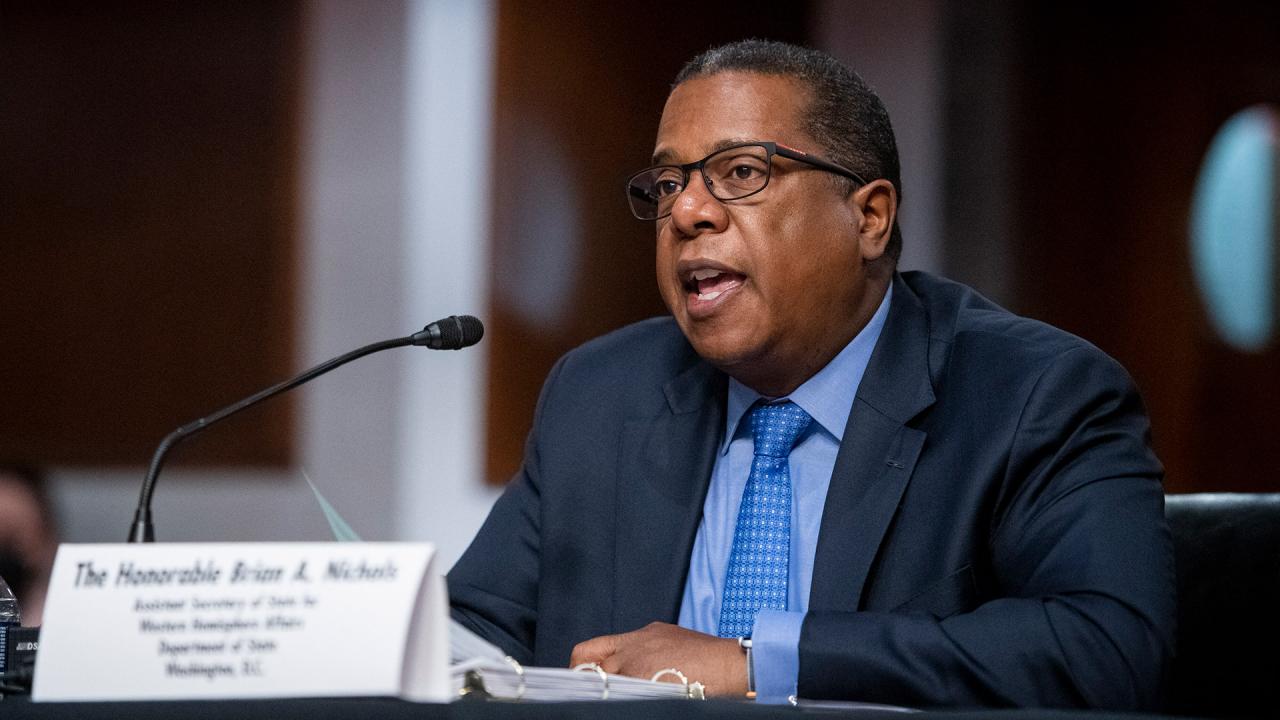Brian Nichols

Brian Nichols is a man who gained notoriety in 2005 for a series of crimes that unfolded in Atlanta, Georgia, culminating in a multi-day manhunt and a trial that garnered significant national attention.
The Case
On March 11, 2005, Brian Nichols, who was awaiting trial on charges of rape and kidnapping, escaped from the Fulton County Courthouse in Atlanta. During his escape, he fatally shot a judge, a court reporter, a sheriff’s deputy, and a federal agent. Nichols then embarked on a three-day crime spree that included carjacking, armed robbery, and the abduction of a woman who he later released unharmed.
The Investigation
The investigation into Nichols’ crimes involved a massive manhunt by law enforcement agencies. Authorities released photographs of Nichols and circulated information about his whereabouts and his possible motives. The public was urged to be vigilant and to report any suspicious activity. The manhunt eventually led authorities to a suburban Atlanta home, where Nichols was apprehended on March 14, 2005.
The Trial and Sentencing
Nichols was charged with murder, kidnapping, aggravated assault, and other related offenses. His trial began in November 2005 and lasted for several weeks. The prosecution presented evidence of Nichols’ crimes, including eyewitness accounts, forensic evidence, and Nichols’ own statements. The defense argued that Nichols was mentally unstable and that he should be found not guilty by reason of insanity. The jury ultimately rejected the insanity defense and found Nichols guilty on all charges. He was sentenced to death in June 2006.
Public Reaction
The Brian Nichols case received extensive media coverage, and the public reaction was a mixture of shock, horror, and anger. There were widespread calls for increased security at courthouses and for stricter penalties for violent criminals. Some members of the public expressed frustration with the criminal justice system, while others questioned the effectiveness of the insanity defense. The case also sparked a debate about gun control and the role of mental health in crime.
Brian Nichols: The Impact

The Brian Nichols case, a harrowing tale of escape, violence, and its aftermath, continues to resonate in the public consciousness. Beyond the immediate tragedy, the case left a profound mark on the victims, their families, the community, and the criminal justice system itself.
The Impact on Victims and Their Families
The impact on the victims and their families was devastating and long-lasting. The case left a permanent scar on the lives of those directly affected by Nichols’ actions.
- Physical and Emotional Trauma: The victims suffered physical injuries, some of which were life-altering. They also experienced severe emotional trauma, including post-traumatic stress disorder (PTSD), anxiety, and depression. The trauma extended to their families, who witnessed their loved ones’ suffering and struggled to cope with the aftermath.
- Loss and Grief: The loss of life in the case left families heartbroken and grappling with immense grief. The sudden and violent nature of the deaths added to the emotional burden, making the healing process even more challenging.
- Fear and Insecurity: The case created a sense of fear and insecurity in the community. The realization that such a violent crime could occur in their midst left many feeling vulnerable and uncertain about their safety. This fear extended beyond the immediate victims and their families, impacting the community as a whole.
The Impact on Law Enforcement and Criminal Justice Procedures, Brian nichols
The Brian Nichols case highlighted several shortcomings in the criminal justice system, leading to significant changes and reforms.
- Security Measures: The case prompted a review of security measures in courthouses and other government buildings. This included enhanced security screenings, increased security personnel, and the implementation of new technologies to prevent similar incidents from occurring.
- Mental Health Screening: The case raised concerns about the effectiveness of mental health screening in the criminal justice system. It led to increased emphasis on identifying and addressing mental health issues among defendants, particularly those facing serious charges.
- Police Training: The case highlighted the importance of effective police training in handling hostage situations and other high-risk incidents. Law enforcement agencies reviewed and updated their training protocols to ensure officers were better equipped to respond to such events.
The Impact on Public Discourse and Perceptions
The Brian Nichols case sparked a national conversation about crime, punishment, and the criminal justice system.
- Gun Control Debate: The case fueled the ongoing debate about gun control, with some arguing for stricter gun laws to prevent similar tragedies. Others countered that stricter gun control would not have prevented the crime, emphasizing the need for better mental health resources and criminal justice reforms.
- Mental Health Awareness: The case increased public awareness of mental health issues and the importance of addressing them within the criminal justice system. It led to calls for greater investment in mental health services and support for individuals with mental health challenges.
- Public Safety Concerns: The case heightened public safety concerns, particularly in urban areas. It led to increased demand for police presence and security measures in public spaces, as well as calls for stricter enforcement of laws to prevent crime.
Brian Nichols, the guy who used to be the COO of Starbucks, you know, the one who helped build the empire of caffeine, now he’s got his own thing going on. He’s like the CEO of a company called “The Trade Desk”, which is like the Google of advertising, but for, like, actual advertisers.
Yeah, you can read more about the guy who helped make ceo starbucks a thing here, but basically, he’s moved on to bigger and better things, and that’s pretty rad, man.
Brian Nichols, the former COO of Starbucks, was known for his laser focus on operational efficiency. He was a big believer in data-driven decision-making, which is probably why he left to join a company like Starbucks CEO Laxman Narasimhan , who’s also known for his analytical approach to business.
But hey, maybe he just wanted to be closer to the free coffee.
